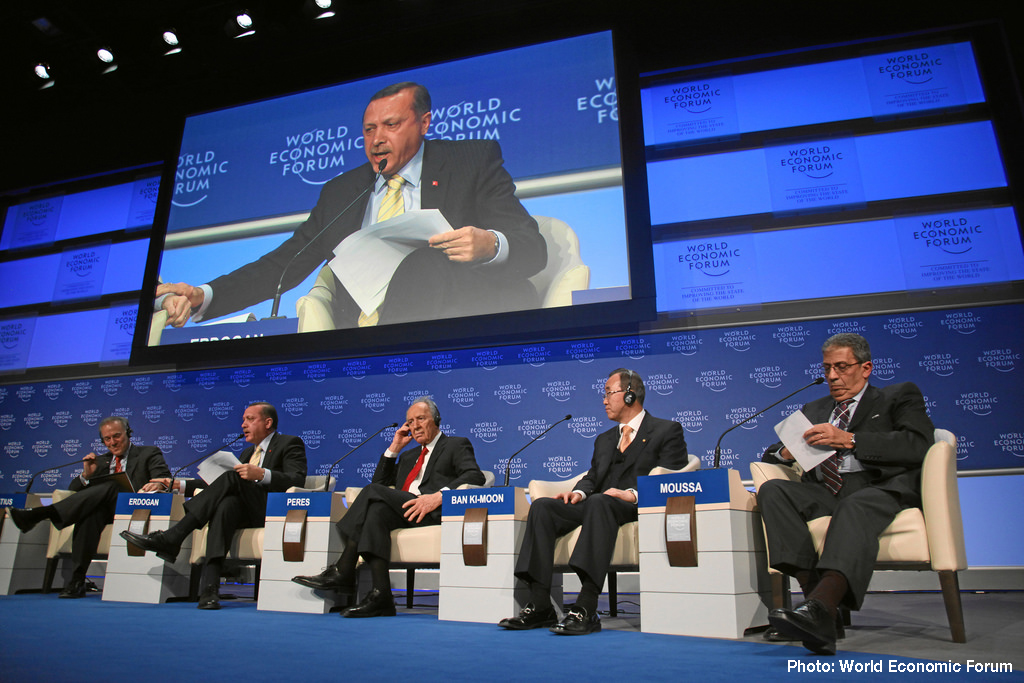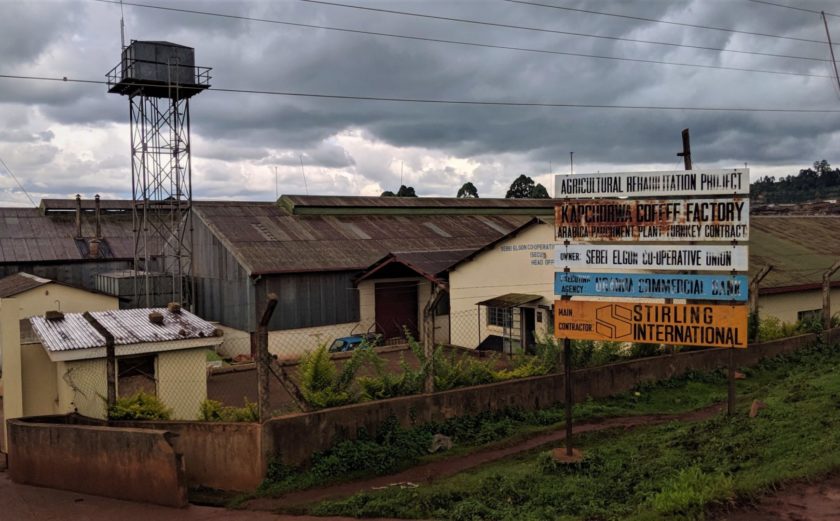
The Need for More Nonprofit Voices in Innovative Finance for Development
This January, world leaders gathered in Switzerland to take part in the annual World Economic Forum. One of the topics of discussion was innovative finance for international development. While there were a few exciting and positive takeaways from the interviews, reports, and presentations on this issue, too few of them included voices from the nonprofit community. Increasing private sector investments in development will go a long way toward achieving the Sustainable Development Goals (SDGs) and will help close the substantial funding gap that prevents the international community from reaching scale, but it is important for private actors to collaborate with nonprofit development organizations as they create and implement new financing vehicles. Nonprofits have been working in the development context for decades and possess knowledge and skills that are critical to ensuring people are truly reaping the rewards of increased investment in their communities.
Innovative Finance for Development
A year ago at the World Economic Forum, UBS announced a $5 billion investment in the SDGs. This is just one example of the private sector’s embrace of the SDGs as a vehicle for aligning investor interests in development financing, but there has been plenty of hype surrounding this topic since the drafting of the SDGs. In just the past few months, the United Nations Economic and Social Commission for Asia and the Pacific (UNESCAP) concluded that innovative finance is necessary for achieving the SDGs in the region. The Rockefeller Foundation is looking for ten innovative financing vehicles that can bring in $1 billion each for sectors critical to reaching the Goals. The SDGs have led to an acceleration of interest in innovative financing for development that is unlikely to subside anytime soon.
At InterAction, we’re examining the nonprofit dimension of this movement through our Innovative Finance for Development (IF4D) program, also sponsored by the Rockefeller Foundation. In 2017, we conducted research exploring the state of innovative finance inside InterAction’s membership. Findings indicate that there is a great deal of interest in the program among ngos: 80% of those surveyed were exploring IF4D and almost half are currently implementing IF4D activities. From Mercy Corps’ Social Venture Fund to The Nature Conservancy’s debt-swaps, our members are deploying innovative financing vehicles for development around the world using over a dozen types of financial instruments.
Davos Discussions
Innovative finance was a hot topic at Davos, but as Devex highlighted in its recap of the event, international development and the nonprofit community could use more attention in the future. Most of the focus this year was on private sector activity on innovative finance for development, as highlighted in several reports released during the course of the Forum: a report from Convergence outlined how to “blend” finances for development, a process where public and private monies are deployed together (and could potentially open up over $1 trillion in new capital for development); Toniic and the Rockefeller Foundation collaborated on a case study on how the $100 billion impact investing industry is addressing the SDGs; the Dutch pension fund manager PGGM mapped its $272 billion portfolio to the SDGs; and UBS’ annual report highlighted how wealth managers can support the SDGs.
These reports all address new ways to finance development under the SDG framework. While they stress the need for more coordination and collaboration among development actors, none of them mention a crucial partner – the nonprofit community. Despite this disconnect, two of the most innovative financial instruments discussed at Davos were spearheaded by NGOs: the world’s first Humanitarian Impact Bond, which was created by the International Committee of the Red Cross (ICRC), and the U.S. Agency for International Development (USAID)’s first Development Impact Bond, which features nonprofit Population Services International as a key partner.
The Way Forward
The private sector’s interest in financing development has the potential to bring much needed resources to the world’s most pressing challenges. Indeed, some in the business world view the SDGs not as a set of global challenges to be addressed but as a multi-trillion dollar opportunity to invest in a better future for all.
To truly have impact, private investors must work closely with civil society organizations as they move deeper into this space. Nonprofits bring a wealth of knowledge and experience to the table. They have worked for decades in the countries and communities where investors are now looking to do business and are creating unique financial models to help their work achieve greater impact and scale. Nonprofits’ knowledge of local culture and markets give them a unique perspective on how to foster inclusive economic growth in the development context, and their years of work on these issues have established a deeper level of trust in communities than most other outside actors. More collaboration between non and for-profit organizations on innovative finance for development will help everyone more effectively deploy resources and ensure all parties achieve outcomes that truly benefit the people they are meant to serve.








